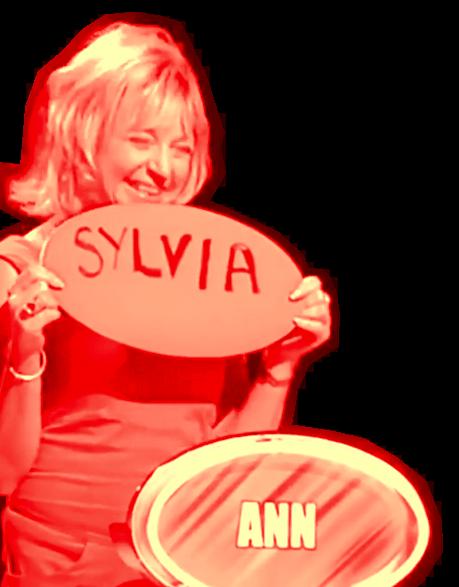That Shelley’s influence as a political thinker endures is self-evident; during the 2017 General Election campaign the final stanza of The Masque of Anarchy was spouted ad infinitum by the leaders of Labour, with Jeremy Corbyn in his Glastonbury speech rallying the public to “Rise like lions after slumber/In unvanquishable number” and “Shake your chains to earth like dew/Which in sleep had fallen on you:/Ye are many - they are few”. The central Labour slogan of modern times, “For the many, not the few,” certainly owes much to Shelley’s poem’s closing line, also echoing in the 1995 revision of Clause IV of the Labour Party Constitution. As such, Edward and Eleanor Marx-Aveling’s 1888 resolution that “We claim him [Shelley] as a Socialist” remains seemingly unchanged to this day. If it is relatively uncontroversial to claim Shelley as a darling of the left, what is perhaps less conventional is to directly apply his political disposition to modern socialist politics. Shelley clearly discerned the wage-based oppression of the masses that is the fundament of socialist thought; in his Song: To the Men of England, Shelley entreats the workers of England, dehumanised to “Bees” in their vast anonymity, to abandon the “tyrants […] Those ungrateful drones who would/Drain your sweat – nay, drink your blood” and instead form a republic with the central tenet of equality. In Shelley’s view, in order to make “fair England be your Sepulchre”, the populace of England must “Sow seed – but let no tyrant reap: Find wealth – let no impostor heap: Weave robes – let not the idle wear: Forge arms – in your defence to bear.”
loo k bac k
The case for Shelleyan socialism in the time of Starmer
That Shelley represented a prima facie socialism seems to be universally acknowledged by leftist thinkers, continuing to this very day. Karl Marx himself stated that the real tragedy of Shelley’s death aged twenty-nine in 1822 was that his radical political disposition was lost before it could truly influence the world: “he was essentially a revolutionist, and he would always have been one of the advanced guard of Socialism,” in contrast with the reactionary bourgeois leanings of his contemporary Lord Byron. There is also the blatant fact of Shelley’s anti-capitalism; within his Philosophical View of Reform (written in 1820, but unpublished until the 20th century) Shelley lambasts tyrants’ use of “a fictitious paper currency to obtain an unfair power over labour and the fruits of labour” and simultaneously calling for the abolition of the national debt.
Hari Bravery, English at University College
Shelleyan socialism. It may initially appear to be an odd collocation. After all, how can Percy Bysshe Shelley, a poet who died over 25 years before the momentous events of 1848 and never explicitly aligned himself with socialism, truly be considered a socialist thinker? Shelley certainly deemed the role of poet to be a political one, descrying the unique ability of poetry to communicate “intense and impassioned impressions respecting man and nature” and asserting that “Poets and philosophers are the unacknowledged legislators of the world.”
15













